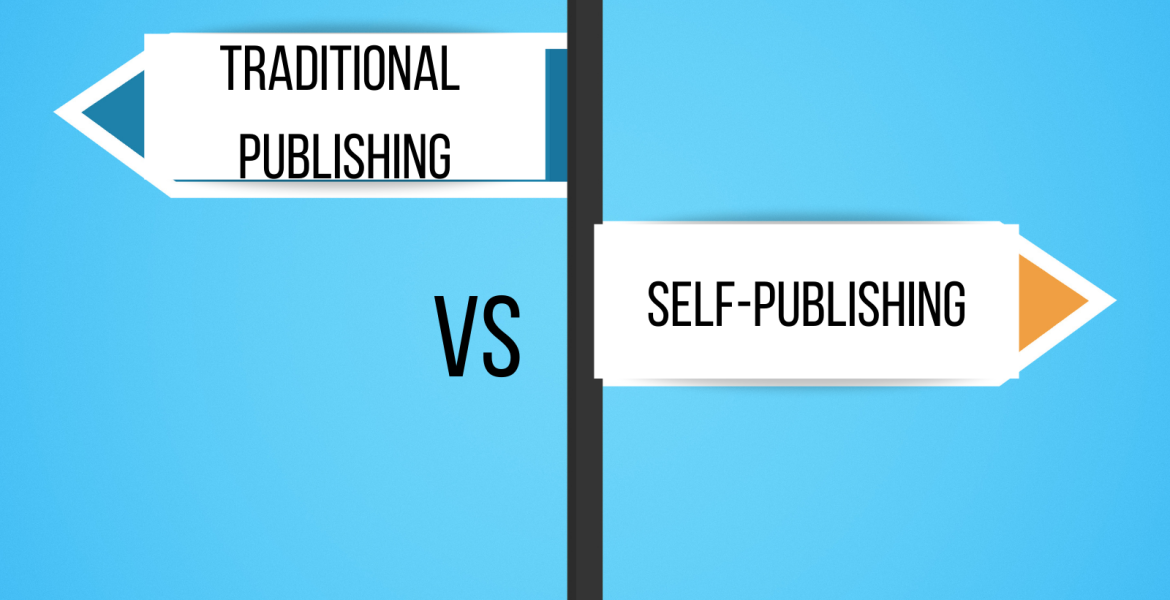BENEFITS OF SELF-PUBLISHING OVER TRADITIONAL PUBLISHING
December 24, 2023 2024-01-17 12:08BENEFITS OF SELF-PUBLISHING OVER TRADITIONAL PUBLISHING
Self-publishing and traditional publishing each have their own set of benefits, and the choice between them depends on an author’s goals, preferences, and the nature of their work. Here are some benefits of self-publishing over traditional publishing:
- Control:
- Creative Control: Self-publishing allows authors to retain full creative control over their work, including cover design, formatting, and content decisions.
- Release Schedule: Authors can set their own release schedule without being constrained by traditional publishing timelines.
- Speed to Market:
- Self-publishing can be a faster process. Authors can release their work to the market more quickly without the lengthy submission and review process associated with traditional publishing.
- Higher Royalties:
- Authors earn a higher percentage of the book’s sales when self-publishing, as they don’t have to share profits with a traditional publishing house. This can be especially advantageous for successful independent authors.
- Ownership of Rights:
- Authors retain the rights to their work when self-publishing. In traditional publishing, the publisher often acquires certain rights, which may limit the author’s ability to reuse or repurpose the content.
- Global Reach:
- Self-publishing platforms, especially online ones, provide global distribution. Authors can reach a worldwide audience without the need for a traditional publisher’s distribution network.
- Adaptability:
- Self-published authors have the flexibility to make changes to their work even after it’s been published. This adaptability can be useful for responding to reader feedback or making updates.
- Niche Markets:
- Authors with niche or specialized content may find it easier to connect with a specific audience through self-publishing, as they can target their marketing efforts more precisely.
- Financial Investment:
- While there are costs associated with self-publishing (such as editing, cover design, and marketing), authors have more control over their budget and can choose where to allocate resources based on their priorities.
- No Gatekeepers:
- In self-publishing, authors don’t have to go through the traditional publishing gatekeepers (agents, editors, etc.), giving them the freedom to publish their work without having to convince others of its merit.
- Experimentation:
- Self-publishing allows authors to experiment with different genres, styles, or niche topics without the pressure to conform to market trends or traditional publishing expectations.
It’s important to note that while self-publishing offers these benefits, it also comes with its own set of challenges, including the need for effective self-promotion, investment in professional services, and the responsibility for all aspects of the publishing process. Authors should carefully consider their goals and preferences when deciding which publishing route is best for them.



